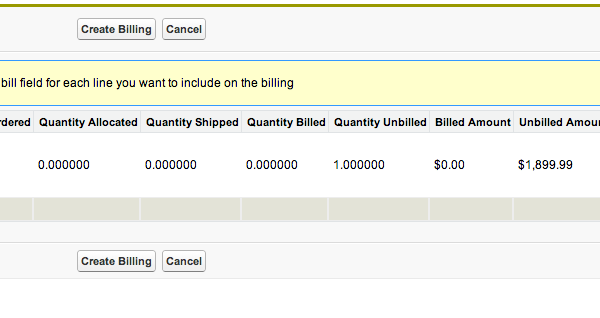
When you work in an industry that distributes a product, you are going to need to be familiar with Sales Orders. They are a basic component for any company that is distributing something. Being able to link them directly with billings is a huge benefit.
What are Sales Orders?
Sales Orders are internal documents that are generated when an order for your product is placed by a customer. They help keep track of everything that needs to be manufactured or shipped within your company. They will also have quantity ordered information as well as the date that was given to the customer as the ship date. These are very important for internal organization.
Define Billings
Billings, or Accounts Receivables, are a legally enforceable claim for payment. These are typically sent out in the form of an invoice. These are shown in the balance sheet as an asset. These are oftentimes sent out to bill a customer for a product that has been purchased.
The Link Between the Two
Now you might be asking, why is it important to have these two functions linked in my accounting software?
- It serves as a check to make sure that you are billing for the proper amount.
- It keeps your data consistent, which is especially important if you are not billing the customer for the whole amount upfront. Sometimes you will need to do partial billings.
- Having them linked allows you to easily keep track of what has been previously billed.
- You are also able to have all of your data stored in one place as opposed to having redundant records. When you are looking at accounting software, it is important to ask if the software allows for a relationship between these two functions.
See Accounting Seed in action
Get a close-up view of how accounting on Salesforce can eliminate the need for costly integrations—and silos of mismatched information—by sharing the same database as your CRM.


